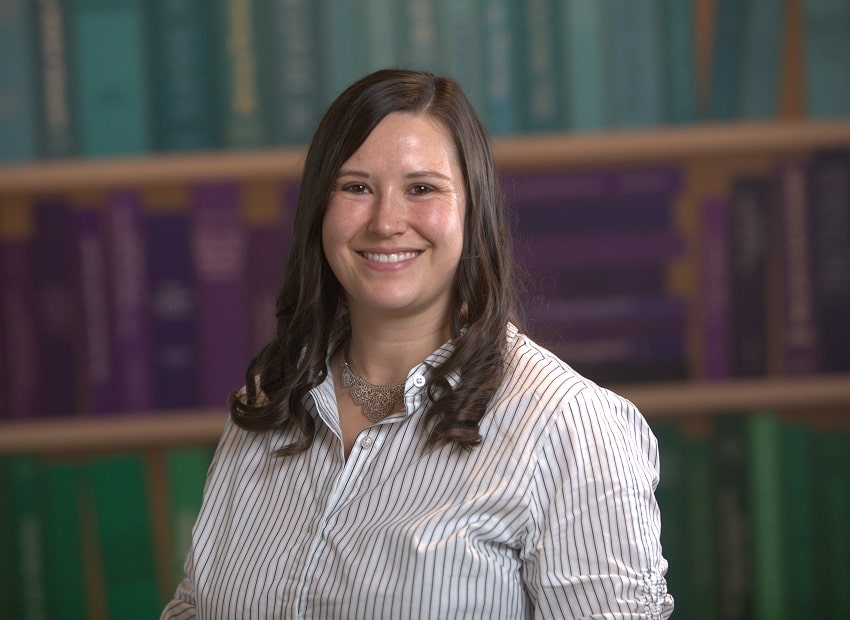Great Universities for Computer Science Majors: Carnegie Mellon & Beyond
Undoubtedly the most common question I get from students is, “Who has the best computer science program?” My first response is to gather more information about the student: How do you define “best?” Are you truly interested in computer science or are you looking for computer engineering, or data science, or something else? What else are you looking for in a college experience?
In these conversations, students often mention top-ranked schools they have heard about, like Carnegie Mellon University, which is known for its rigorous curriculum and exceptional faculty. CMU students can combine CS courses with those in natural sciences, humanities, and music, and can choose from a variety of concentrations like Human-Computer Interaction and Security & Privacy. Research is an integral part of the CMU experience, and many CS majors have part-time jobs in their field or receive credit for independent study. While you might be attracted to the array of opportunities, faculty, research, and curriculum, CMU might not check all your boxes because of its size (around 7,000 undergraduates) or location (Pittsburgh). And, with a CS acceptance rate of just 5%, it’s a reach school for every single CS applicant.
So, let’s say CMU does not fit the bill for you. Are you looking for a larger university or smaller college, a less selective institution to balance out your college list, a different setting or location, a different type of institution (e.g., a liberal arts college, a technical institute, a public research university)?
Perhaps you want a school that is bigger, with a strong sense of community and engagement, in which case University of Illinois Urbana-Champaign, a public school with 32,700 students, might be a good fit. UIUC offers majors in CS, computer engineering, data science, information science, and information systems. Students also have the option to choose a blended degree option called “CS+X” which lets them combine their interest in CS with curriculum from a variety of majors like economics, animal science, and education. With the acceptance rate at UIUC for CS at just 6.7%, students might consider exploring related majors like information science, which has a 68% acceptance rate.
If you’re interested in technical institutions, where the curriculum is almost entirely focused on STEM, then Worcester Polytechnic Institute and Rensselaer Polytechnic Institute might be better fits! WPI, a private school of 5,000 students in an urban setting, claims a hands-on education with abundant research opportunities and a problem-solving approach to learning. The institute, which has around a 60% acceptance rate, offers a major and a minor in CS, with concentrations and specializations in cybersecurity, human-robot interaction, privacy, and more. RPI, with an acceptance rate of 53%, has just under 6,000 students on its suburban campus in Troy, NY. Like WPI and other tech institutes, RPI focuses on real world applications, as well as an interdisciplinary approach to majors, similar to UIUC’s offerings.
Another accessible option is George Mason University in Fairfax, VA. Serving just under 27,000 students, GMU offers majors in CS and applied CS, which is a more interdisciplinary option. Research opportunities are available, and faculty are particularly committed to teaching and engaging students in research. GMU is dedicated to inclusion and accessibility, particularly supporting women and underrepresented students in the field of computer science.
Maybe you are considering options further west, in which case you might be attracted to Arizona State University. ASU, one of the largest universities in the U.S., with over 57,000 students, offers a BS in CS with concentrations in topics like cybersecurity and software engineering. The Ira A. Fulton Schools of Engineering are located on the Tempe campus and include the School of Computing and Augmented Intelligence, where students focus on problem solving and creative thinking.
If ASU sounds too large for you, it’s important to know that many small-to-medium-sized liberal arts colleges and universities offer robust CS programs (often with an innovative and interdisciplinary approach), small classes, and hands-on research opportunities. Seattle University, a Jesuit institution with 7,200 students, is just one example of a liberal-arts-focused, medium-sized university with a CS program. On SU’s urban campus, students have the options of a Bachelor of Arts or Bachelor of Science in CS. Students earning a BS are particularly prepared in project-based approaches and must complete a capstone project in software development. The BA program focuses on an interdisciplinary approach to CS where students can combine their interest in computing with another major or area of study as part of the CS + X program, like at UIUC.
This is just a small sample size of options with offerings in CS. As you can see, admission rates can vary widely from university to university—there is a computer science program for everyone!






